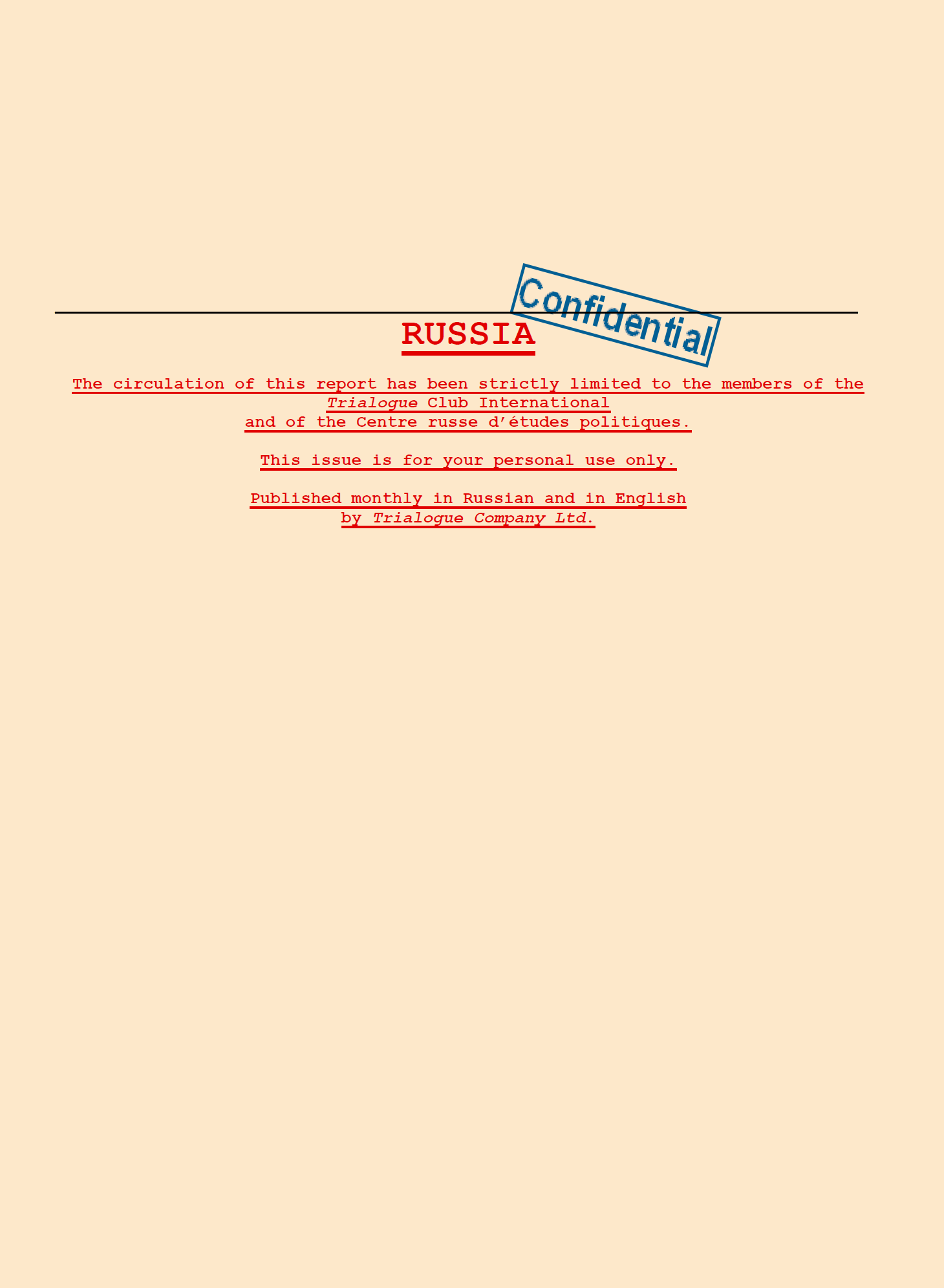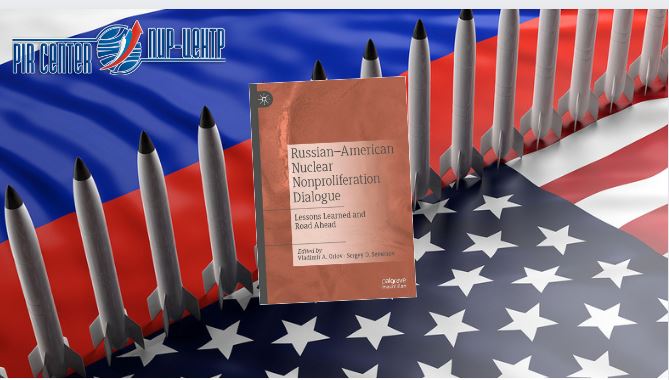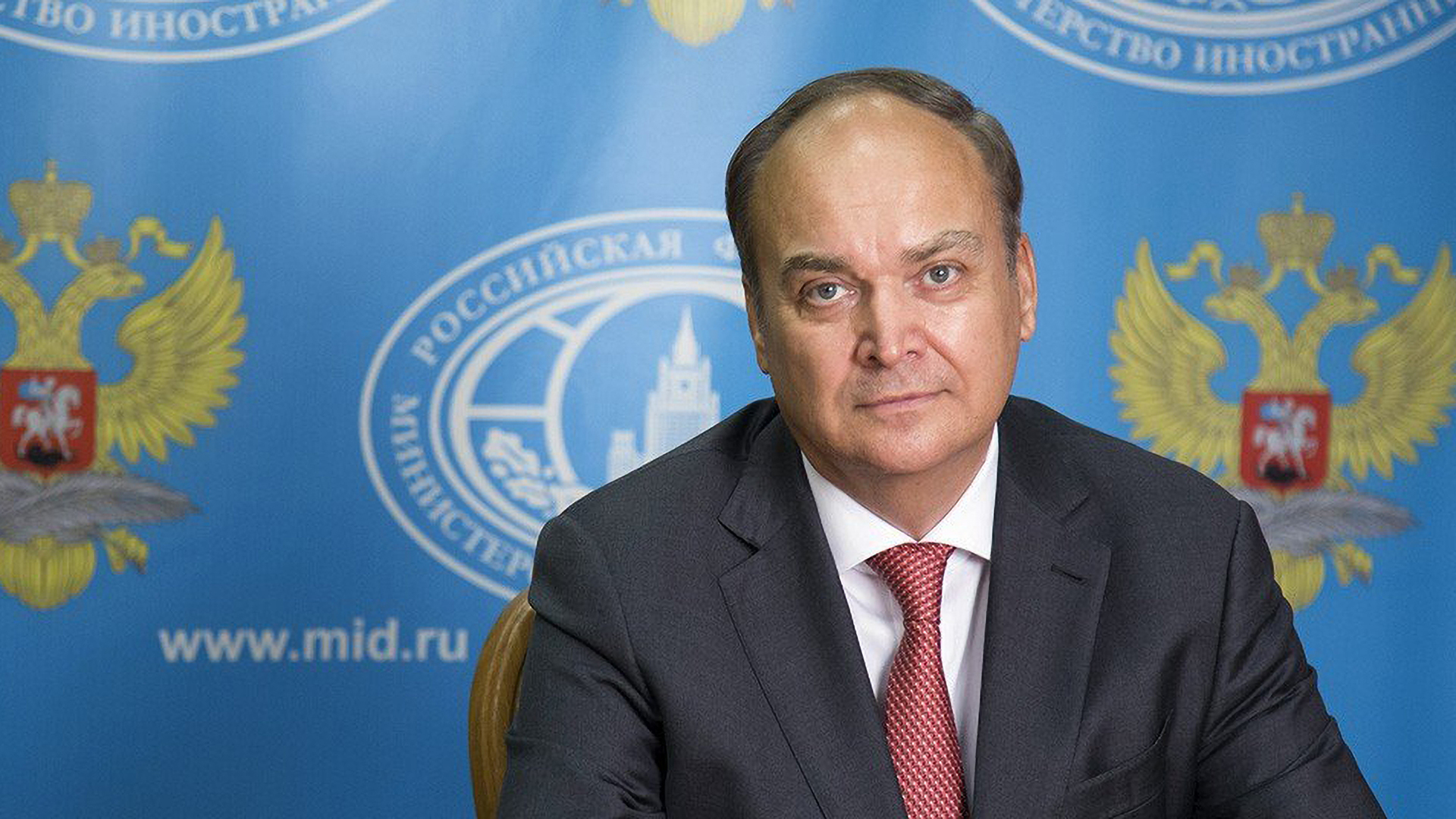The project has been implemented since 2008. The goal of the project is to study the risks of new offensive weapons systems, as well as to search for opportunities to ensure Russia’s security and national interests by building an arms control architecture. PIR Center’s activities in this area can be divided into several conditional periods.
Between 2008 and 2010 our efforts were focused on supporting the Strategic Arms Reduction Treaty (START) negotiation process, reaching out to the American expert community, and highlighting the treaty’s benefits for Russian and international audiences. Thus, in 2011, PIR Center held an academic seminar during which Anatoly Antonov and Rose Gottemoeller, the heads of the two countries’ delegations, shared their further vision of the negotiation process in this area. Below is just a portion of PIR Center’s publications from that period:
Since 2011, PIR Center’s analytical efforts have been focused on providing conditions for further reductions of strategic offensive arms and developing an updated understanding of strategic stability adapted to the realities of the 21st century. The year 2020 was a particularly difficult stage in this work, when there was a struggle for the «survivability» and survival of the START Treaty, the most recent arms control treaty in force.
In 2021, the project was preparing a series of occasional papers on the individual elements of Russia’s proposed concept of a “new strategic equation,” covering all factors affecting strategic stability.
The topic of arms control, which is especially relevant in the new geopolitical context, was also addressed on the margins of the International Conference on the Lessons of the Cuban Missile Crisis, held by PIR Center in 2022 together with the Geneva Center for Politics and Security (GCSP) and the Martin Center for Nonproliferation Studies (CNS).
PIR Center traditionally holds expert discussions on arms control issues. Leading officials from the Ministries of Defense and Foreign Affairs of Russia, the United States, and European countries, as well as world-class independent experts, take part in these discussions. Comments by PIR Center experts regularly appear in the media, including Kommersant, Izvestia, and Vedomosti newspapers and in RIA Novosti, Russia Today, Russia, Vesti 24, and Reuters news reports).
I would like to emphasize the importance of interaction between the Russian Ministry of Defense and PIR Center. For many years you have been providing high-quality analytical materials on countering threats and challenges, participating in the Moscow Conference on International Security, and contributing to the development of international military cooperation.
Sergei Shoigu
General of the Army, Minister of Defence (2012–present)





















